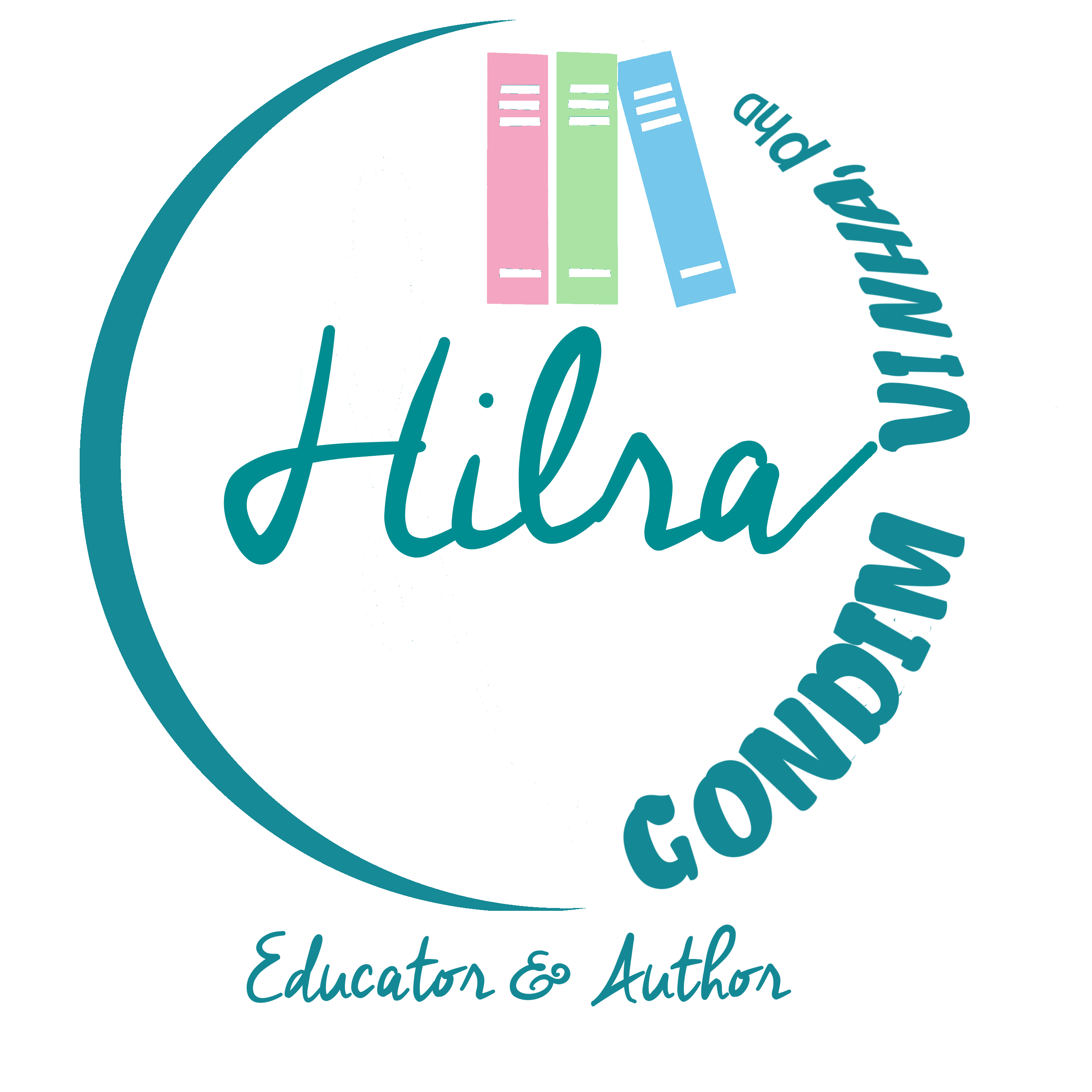To add a paper, Login.
|
Top of Form Bottom of Form |
Taking into account the historical understanding that disabled people as individuals and organisations have been excluded from participation and from decision-making in matters that concerns them, issues of voice in research implies empowerment. However, this is not meant to be a gift from those who have power to the ones who do not have such a power, but “it is about people empowering themselves” (Barton, 2007, p.32), it is also about recognising that “it is the oppressed that better knows about oppression, it is in their experience of oppression that resides the knowledge about it” (Freire, 1970, p.27). In this paper I will outline the narrative research I am conducting involving participants with/without learning difficulties, the role of auto/biography and the use of ethnographic fiction as a means of giving voice to the voiceless.
Keywords: Learning Difficulties, Ethnographic Fiction, Life Story, Disability, Educational Research, Inclusive Education, Inclusion
Stream: Educational Resources and Learning
Presentation Type: 30 minute Paper Presentation in English
Paper: A paper has not yet been submitted.
| Hilra Gondim Vinha
PhD Student, School of Education, University of Southampton |
I am a PhD student in the School of Education in the University of Southampton. Currently in the final year of my research, working mainly on the data collection/analysis processes. My ultimate goal is to disseminate my research findings to a wider audience beyond academy, including people with learning difficulties and their families. I recently took part in the annual conference Social History of Learning Disability in the Open University and since then I felt even more compelled to carry on with my research purposes.
